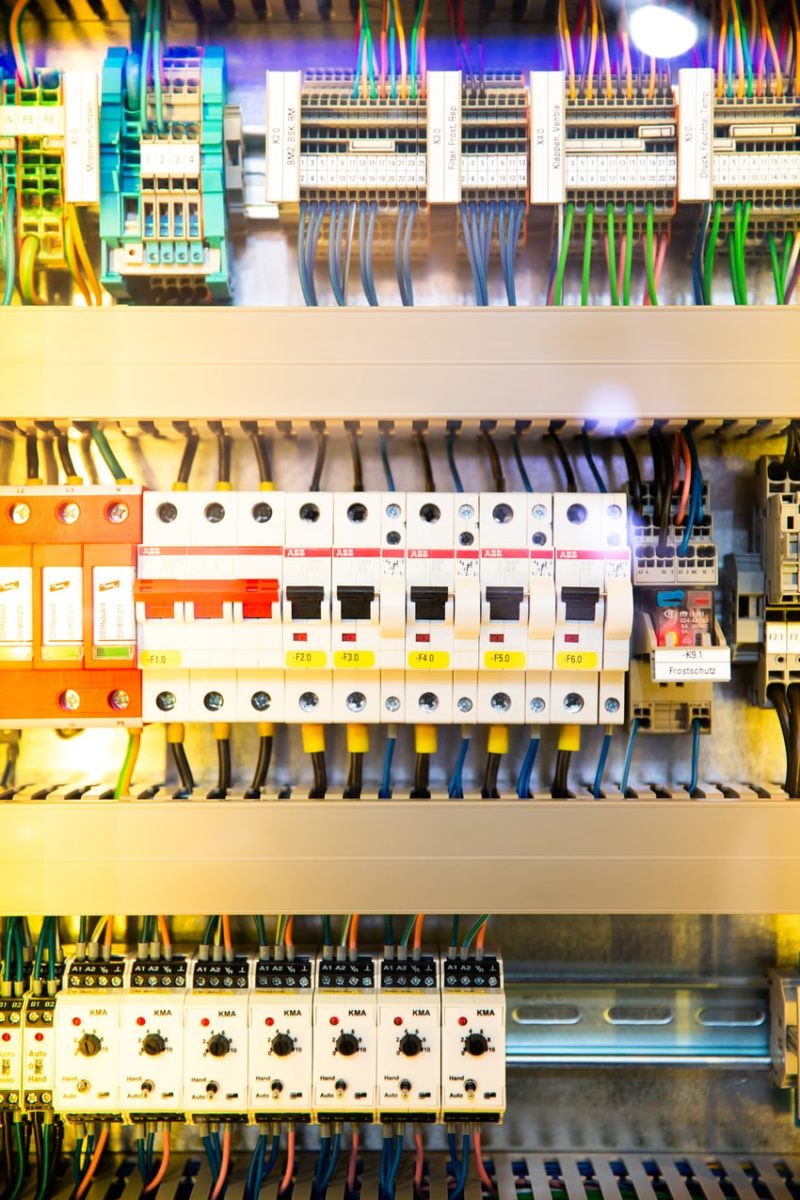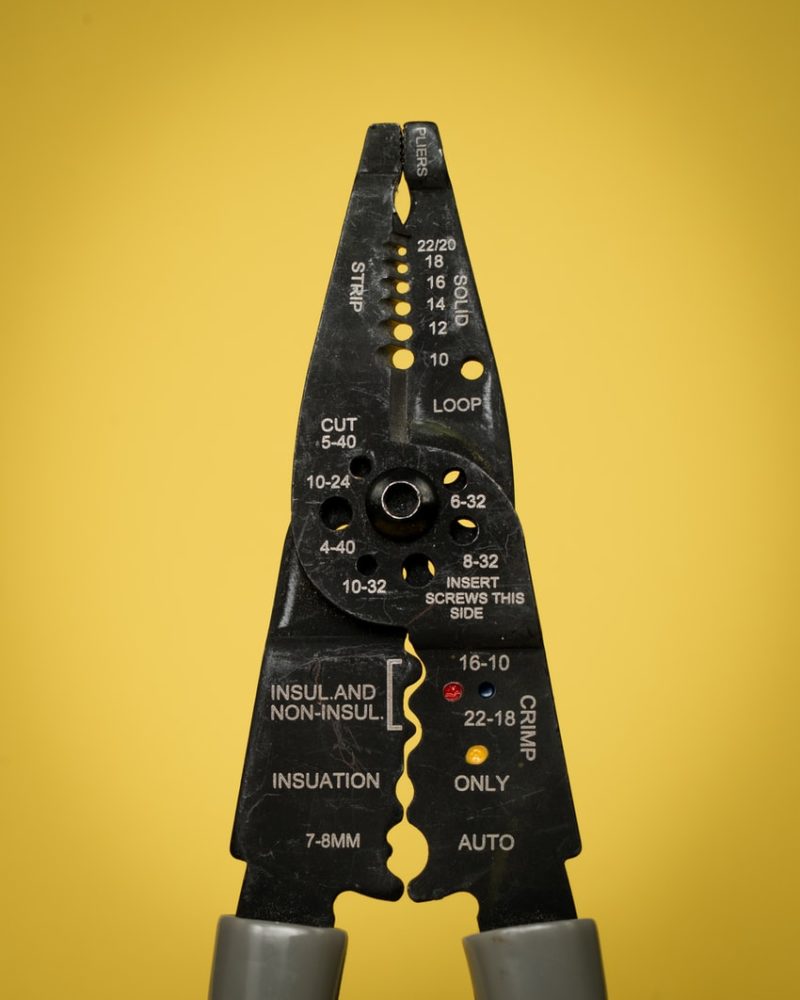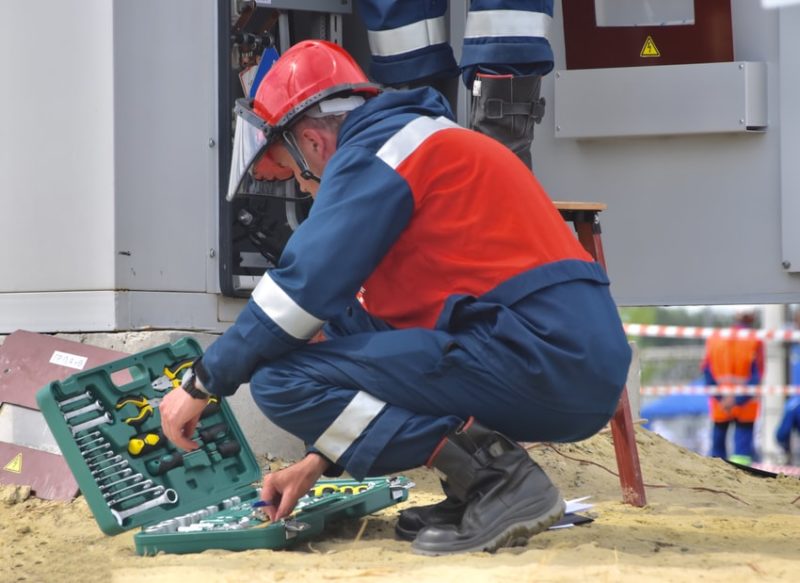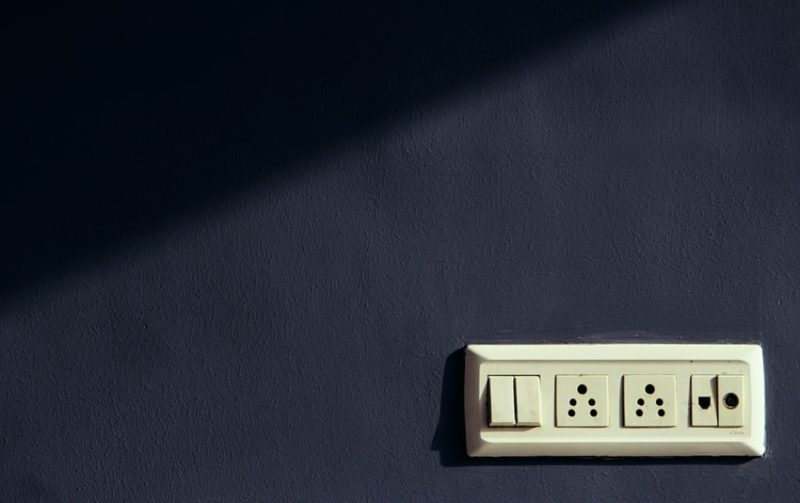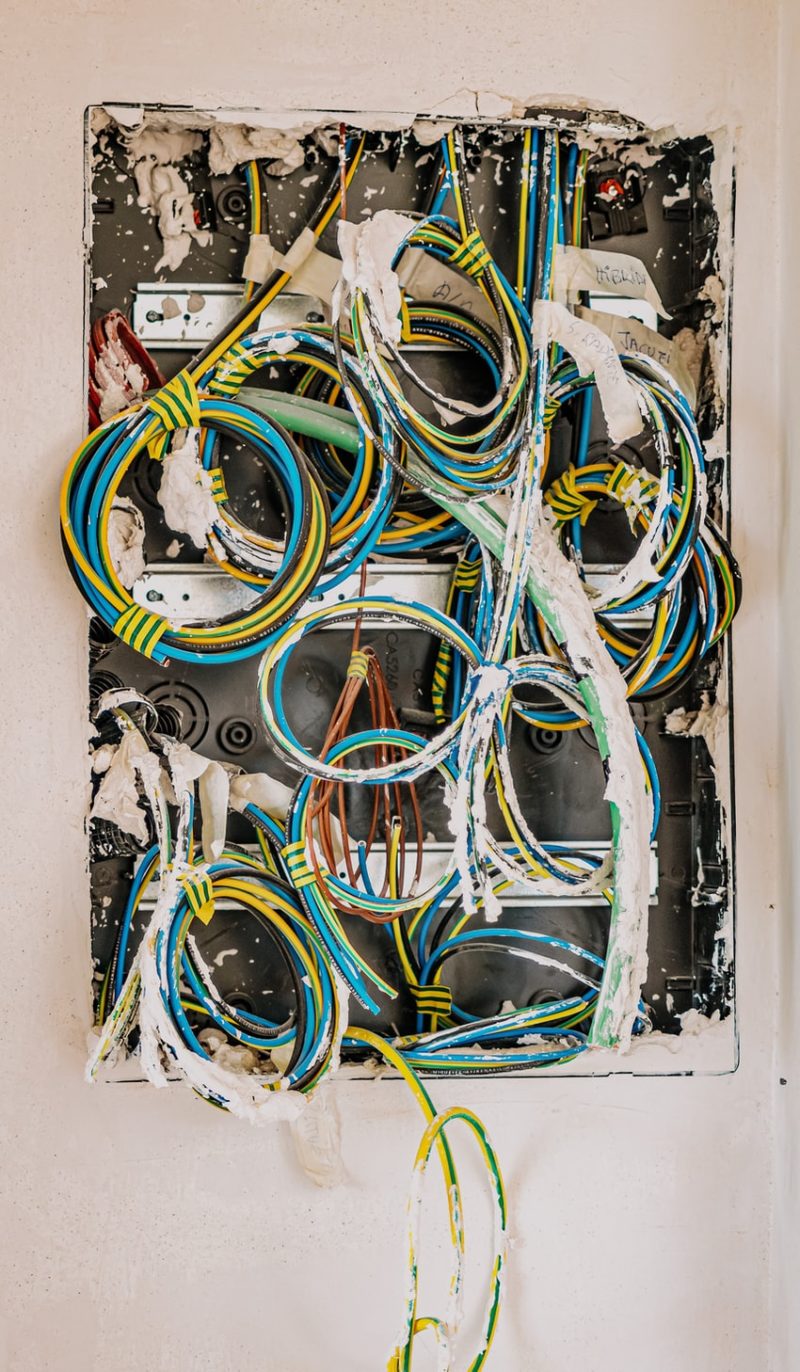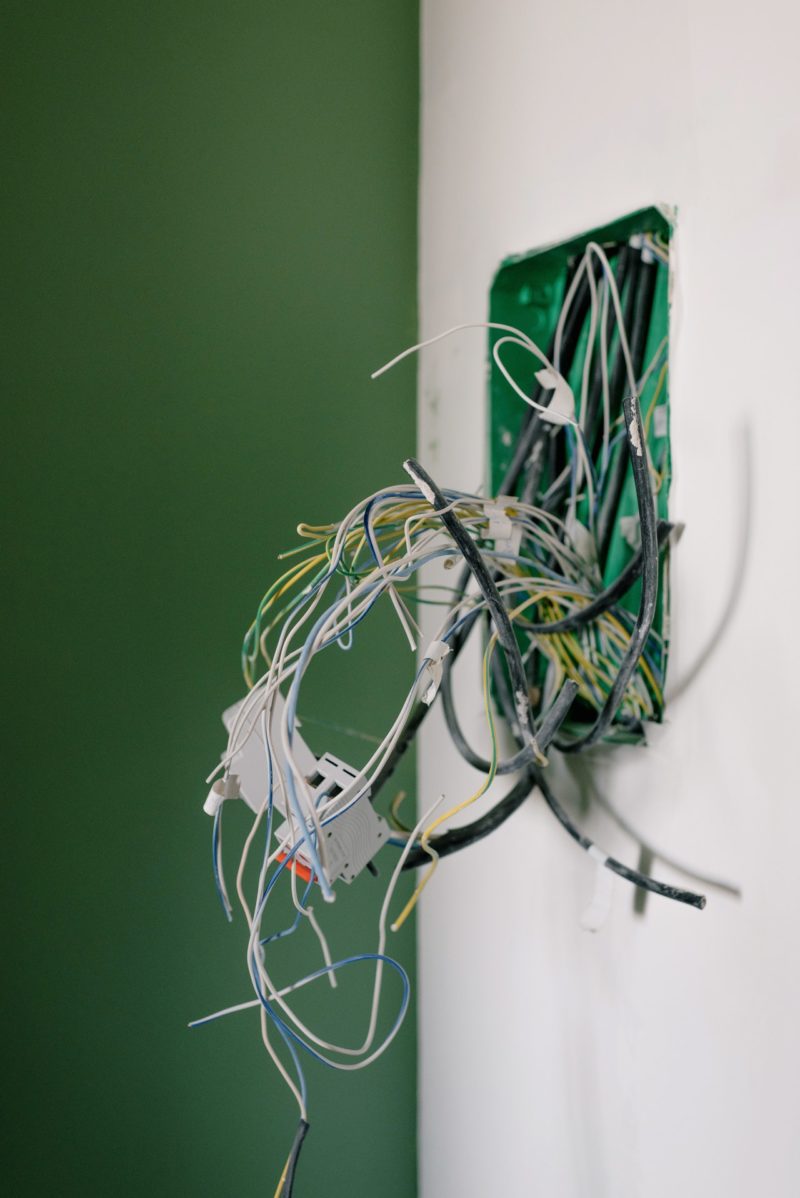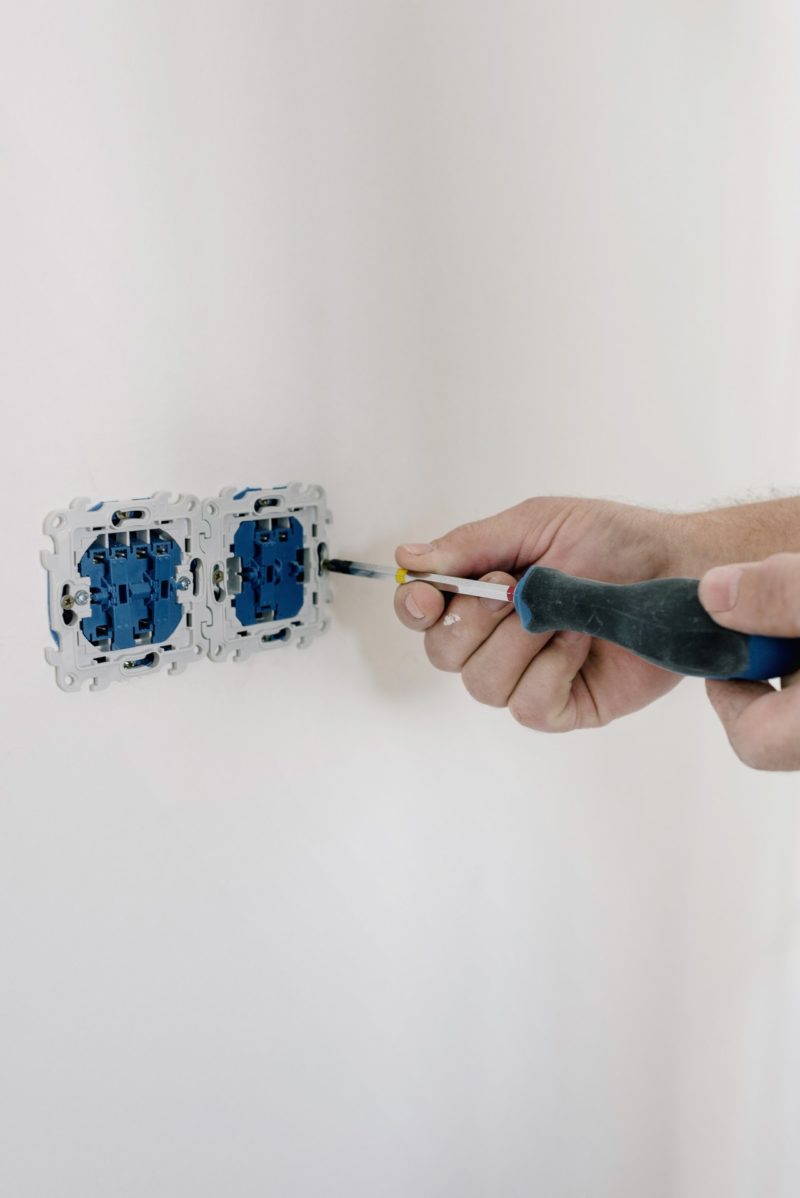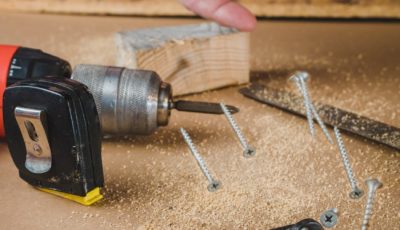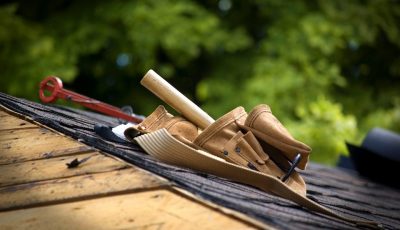DIY Electric Repair – Basic Safety Tips
If you are doing home electrical repair work on your home there are some basic safety tips to ensure you stay safe while you are improving your property. According to the Electrical Safety Foundation International, there were 166 electrical fatalities in 2019. There are a few “tricks of the trade” if you are trying to do electrical work on your own to be aware of to prevent any accidents.
Steps to ensure your safety there a few basic tips to follow:
- Kill the power before doing any electrical work
- Have the proper tools for electrical work
- Ensure that you are insulated while preforming electrical work
- Understand how grounding and polarization works
- Use tight wiring configurations
- Effectively using boxing and clamping
Make Sure the Power is OFF
This is the most important safety tip of all. If you’re on unsure of the configuration of your electrical box, we advise killing the power on all of the property when doing electrical repairs. Also be sure to use a voltage tester so you can make sure to power is off. This is of the utmost importance in practicing safe electrical wiring repair.
This is an example of an electrical box with multiple circuit breakers. In order to ensure your safety, it is best to completely shut down the power during the time you are working on your electrical repair project. An electrical box is also known as either a breaker panel, panelboard, electric panel.or a distribution board.
Have the Proper Tools
Have the proper tools for the right job is always needed when conducting electrical work. Most of the tools required standard electrical work are basic and can be found at your local hardware store. Some of the tools include but are not limited to:
- Wire cutters and strippers
- A variety of screwdrivers
- Voltage tester
- Pliers
- Cable detector
- Junction boxes
If you are you using older tools for your electrical project, make sure they are well maintained and are in good working condition. Old and rusty tools can make your all safe electric goals a nightmare in terms of safety and costs. You are only as good as your tools are, so make sure you take care of them properly.
Insulation during Electrical Work
One of the key electrical tips when it comes to electrical wiring repair is making sure you are insulated while making your repairs. While you work on your electrical project, there is always the possibility of electrical shock. The effects of electrical shock can ruin your project at best and at worst cause you injury or death.
Always use tools with rubber handles to limit any effects of an electrical mistake. When performing electrical work, always make sure to wear rubber soled shoes or boots. Also we advise to remove any electronic devices and metal jewelry while working on your project. Do not carry your phone or have any rings, necklaces, bracelets on your body while working. In understanding the importance of electrical installation, all of the above can prove harmful in the case of an electronic shock.
It’s also paramount, to note to never work on electrical repair near anything wet. If you are working outdoors, or if you working near a wet surface, stand on a rubber mat to limit your exposure to electric shock.
Polarization and Grounding Electrical Safety
Understanding grounding and polarization in imperative when safely doing electrical work. Electricity will by default find the easiest path to either the ground back to the source which generated it. While current properties and businesses have standard grounding configurations, if you are working on an older home, please ensure its properly grounded. Grounding essentially means a 3rd or 4th wire that is dedicated as a failsafe in case something goes wrong.
Polarization means having receptacles or outlets with one slot longer, so that a cord or plug can only be entered one way. Most modern electrical configurations are set up this way. If you are doing any electrical work with a non-polarized outlet, there is still a chance the wire may be live, even if you have the power off. It is extremely dangerous to work in this environment as non-polarized configurations can cause a variety of safety risks.
Tight Electrical Wiring
When doing safe electrical repair it is always important to keep you wiring as tight as possible as part of the easiest of electrical maintenance tips. Loose wires create what is called arcing, which causes electricity to jump around causing heat which can lead to a fire hazard. When installing wiring make sure the connections are tight and are in full contact with the conductors when jointed. To understand the importance of electrical installation, splicing wires also require proper wire connectors or known as wire nuts.
It is also important to use colored coded wiring, by using an electrical wire colors guide to conduct safe electrical work. Using an electrical wire color guide will clear up any confusion on where to set the destination of each conductor, ensuring your safety and preventing any fire hazards.
The Correct Boxing and Clamping Method
Electrical safety requirements state that all wiring be enclosed in an electrical box, in most cases. In the case of splicing wires, you must install a junction box to secure your cables and safety. This will secure your electrical connections from exposure. The junction box will protect anyone in the home from exposure to a live wire and prevent any electrical accidents.
Junction boxes and or electrical boxes can be purchased from most home repair or hardware stores for just a few dollars. These enclosures are extremely important to protect your family and property from any avoidable accidents.
An Overview of the Basic Safety Tips for DIY Electric Repair
Even after your electrical work is completed and your property is restored, we would recommend a licensed and certified inspector to verify the work. At the very least the inspector can access if there are any code violations on you electrical repairs.
By following these electrical tips you should are conducting the best practices for all safe electric repair. Always make sure to take your time when doing basic electrical repair and stay as safe as possible.
About the Author
The author is an experienced entrepreneur. He believes that a person can make a difference even with insignificant investments. In 2006 he founded the family business Fortuna Visual Group. They started off as a one-man show but now they are a crew of dedicated art crafters, designers, expert fabricators, and installers with exceptional skills, professionalism, and work knowledge.

